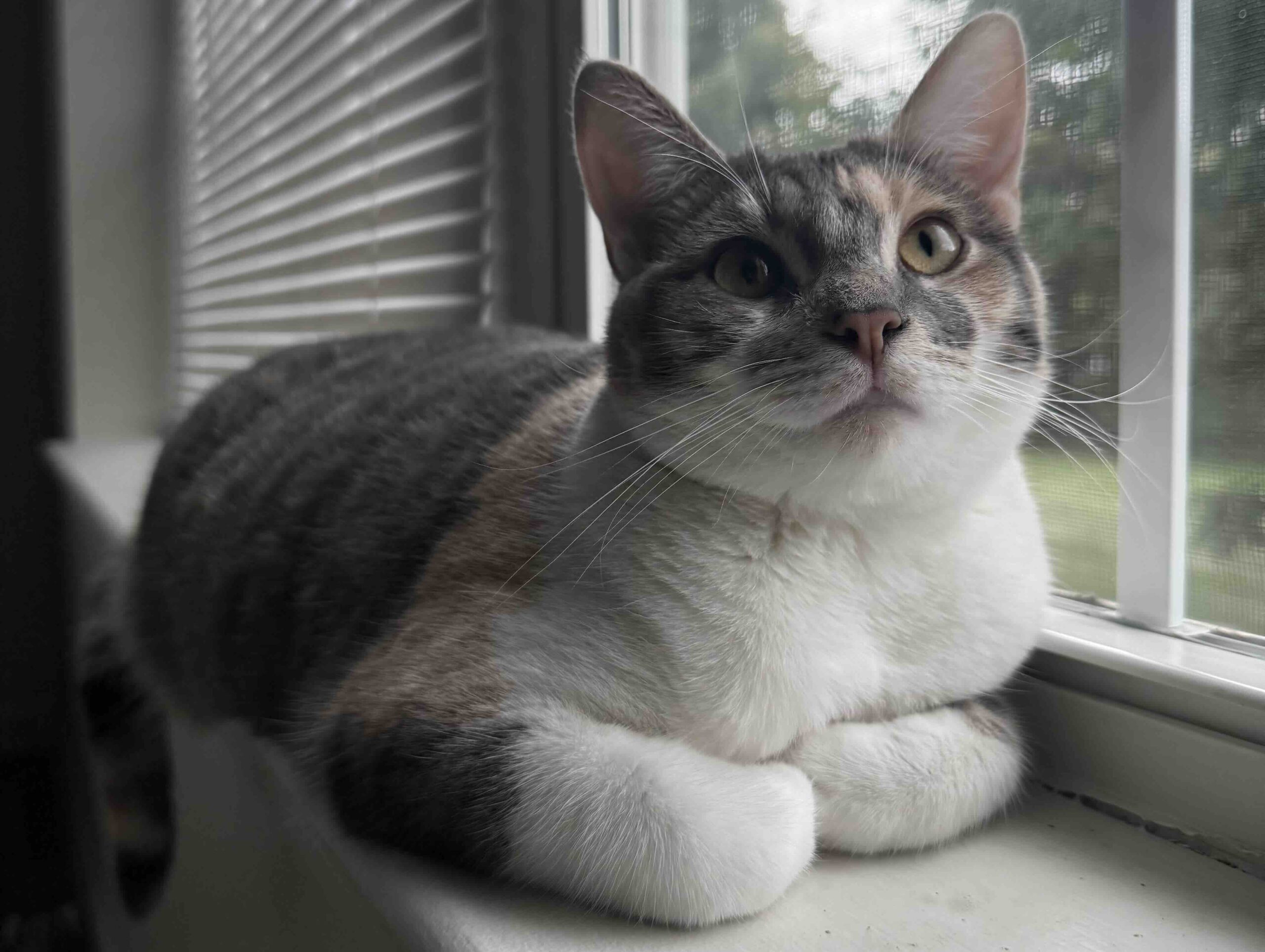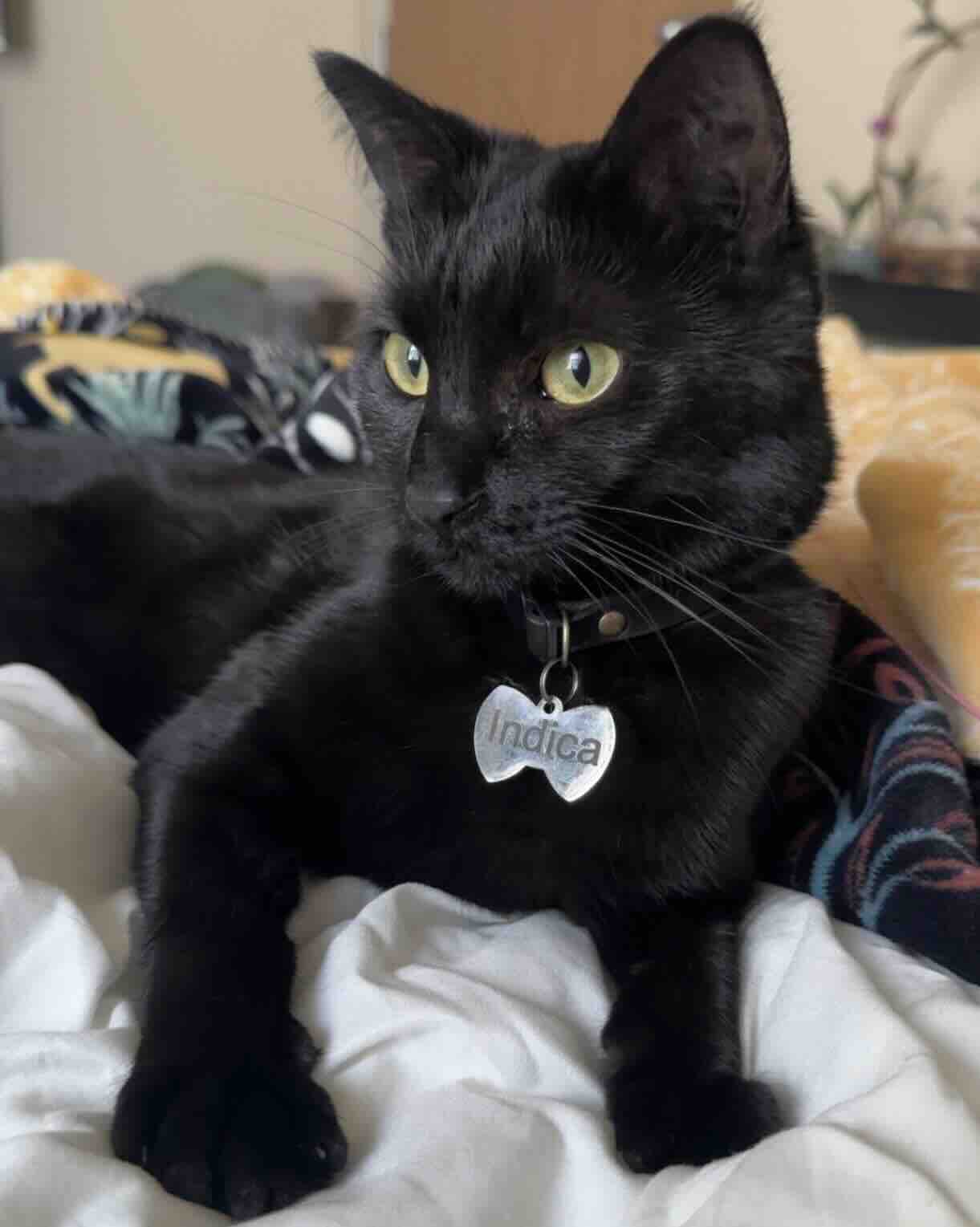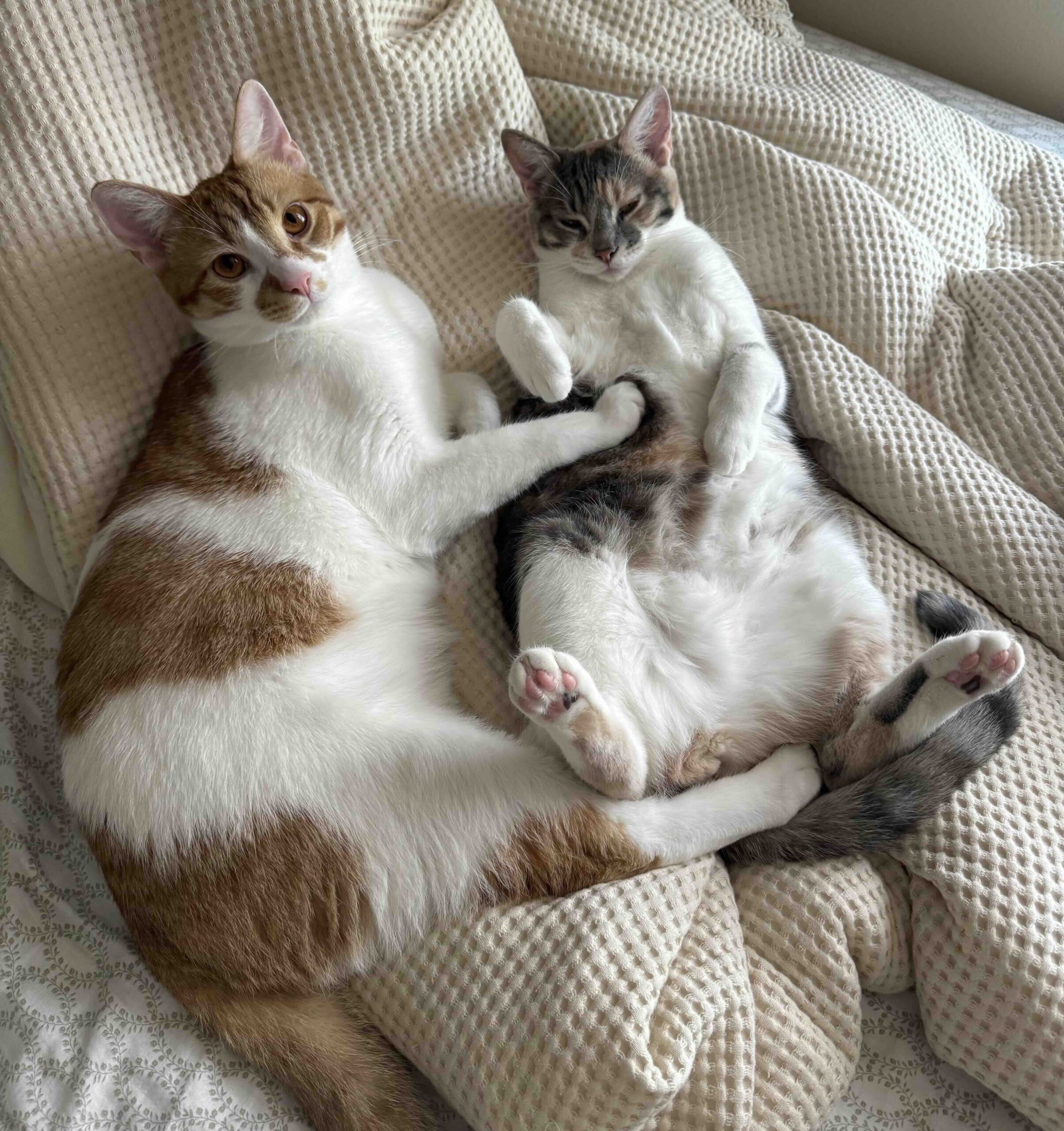How to Cope with Losing a Pet Cat

Losing a cat feels like losing a piece of home. The routines, the purring, the subtle companionship, their suddenly gone, and it hurts more than words can explain. Many people wonder how to cope with losing a pet cat, especially when that bond was part of their daily life for years.
This guide shares both research-based coping strategies and personal reflections from my mom, who’s experienced the loss of several beloved cats. Her stories remind us that grief for a pet is real, valid, and deeply profound.
Remembering the Good Moments Helps You Heal
When I asked my mom how she coped after losing a cat, she said that sharing memories together made the biggest difference.
“After we lost one of our cats, your dad and I would sit and talk about the good times, funny stories, the moments that made us laugh. Remembering those things helped us cope,” she said.
Talking about your cat’s life, looking at old photos, or telling stories with family can help your brain process the loss and shift focus from pain to gratitude.
If you’d like help finding communities that share this kind of healing space, the ASPCA Pet Loss Support page offers online and phone-based grief resources for pet owners.
Creating a Memorial Can Bring Comfort
For many cat owners, a small memorial or ritual helps them find closure.
“We cremated Slim because we didn’t have a place to bury him then. Later, when we moved, we buried Max and Mike together with Slim under a tree,” my mom said. “It gave us peace knowing they were all together.”
You could:
- Plant a flower or tree where your cat liked to rest.
- Frame a favorite photo with their name and a paw print.
- Keep their collar or tag in a memory box.
Even simple gestures like lighting a candle or writing a short letter to your cat can help you say goodbye with love.
Also, The “Rainbow Bridge” poem is a well-known source of comfort for grieving pet owners.

Guilt and "What-If" Thoughts
Many Cat owners experience guilt or “what if” questions after a loss. My mom described feeling this deeply after losing two of her cats, Slim and Nino.
“Slim had kidney stones. We paid for surgery, but he never got better. I still wonder if the vet was accurate about his chances,” she said.
“And Nino, I yelled at him for catching a bird. That was the last time I saw him. I still wonder, what if I hadn’t yelled? Would he have come back?”
These feelings are normal, your mind replays the situation trying to make sense of something painful. Remember: you made the best decisions you could with love and the information you had at the time.
If guilt feels overwhelming, the Association for Pet Loss and Bereavement offers free online chat sessions and forums moderated by trained grief counselors.
Coping with Sudden vs. Expected Pet Loss
My mom also shared that some losses felt harder than others:
“When a cat’s death was expected, it was harder to move on. But with Honey, we knew she was sick. When we let her go, there was relief, peace that she wasn’t suffering anymore.”
Sudden loss often brings shock and unanswered questions, while expected loss can bring guilt for feeling relief. Both are valid. Allowing yourself to feel either emotion is part of healthy grieving.
The Cat Behaviourist’s grief guide explains how cats and humans both show signs of mourning after a pet dies, something that can help owners understand their emotions more clearly.
Healthy Ways to Process Pet Grief
There’s no single way to “get over” losing a cat, but there are many ways to move through grief in a healthy way:
-
Talk openly about it. Sharing memories helps normalize your pain.
-
Express it creatively. Write, draw, or make a small photo collage.
-
Find cat grief support groups online or locally.
-
Maintain routines. Feeding or playing with another pet can help restore calm.
-
Be patient. Healing takes time, and feeling sad weeks or months later doesn’t mean you’re “stuck.”
If you’d like structured advice, Fear Free Happy Homes’ pet loss resources explain how to balance grief, guilt, and self-compassion.
Finding Peace and Moving Forward

Healing from the loss of a pet cat isn’t about forgetting, it’s about remembering without constant pain. Over time, those sharp edges of grief soften into something gentler. Love, gratitude, and acceptance.
Whether your way of coping involves prayer, journaling, or simply sitting with your memories, know that your grief is proof of the bond you shared.
As my mom said:
“It’s hard, but thinking about all the good years we had makes it easier. I know they were loved, and that helps.”
If your grieving right now:
- Visit r/petloss on Reddit, a safe community for people sharing stories and healing together.
-
Read the ASPCA Pet Loss Guide for steps on emotional recovery
